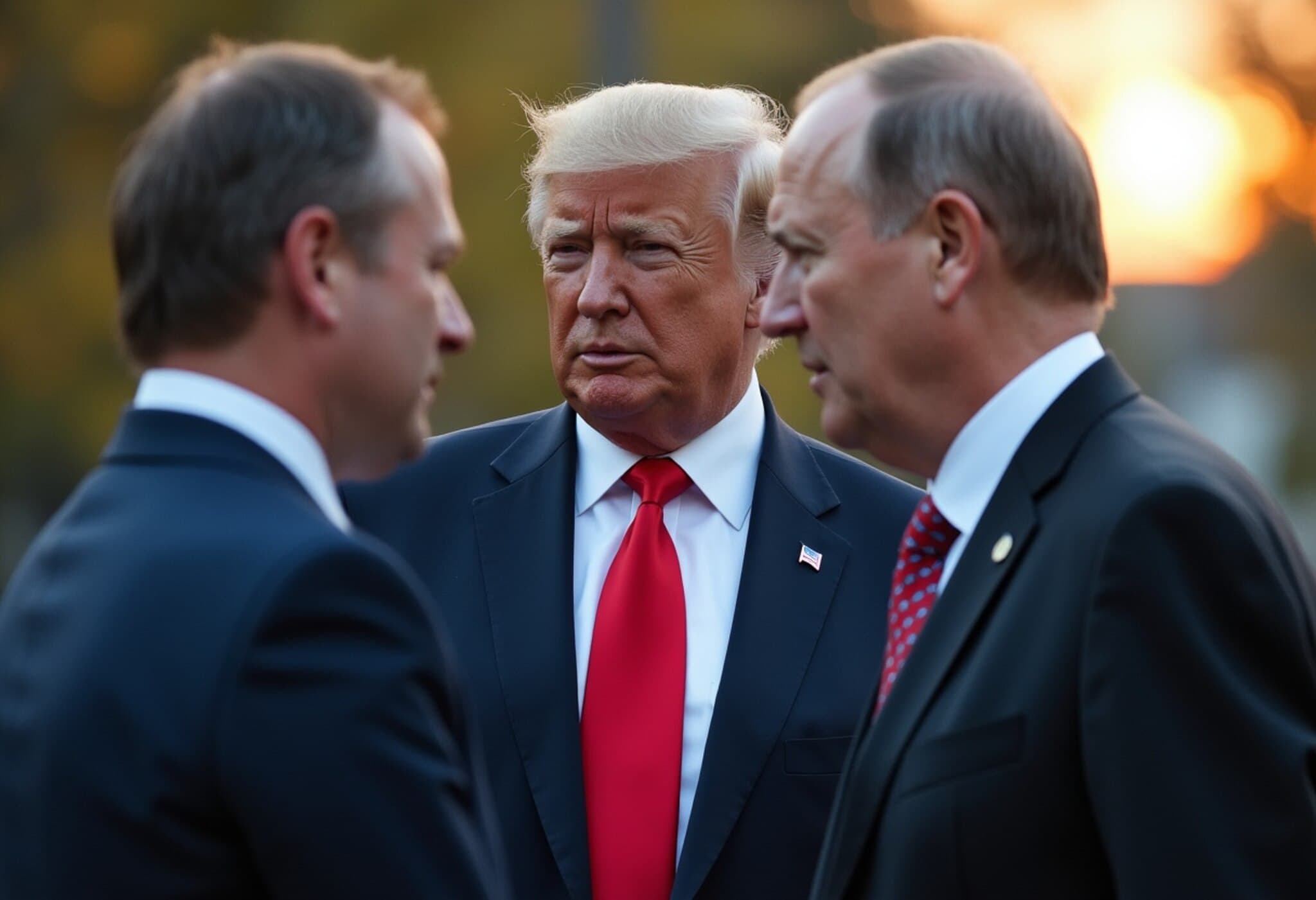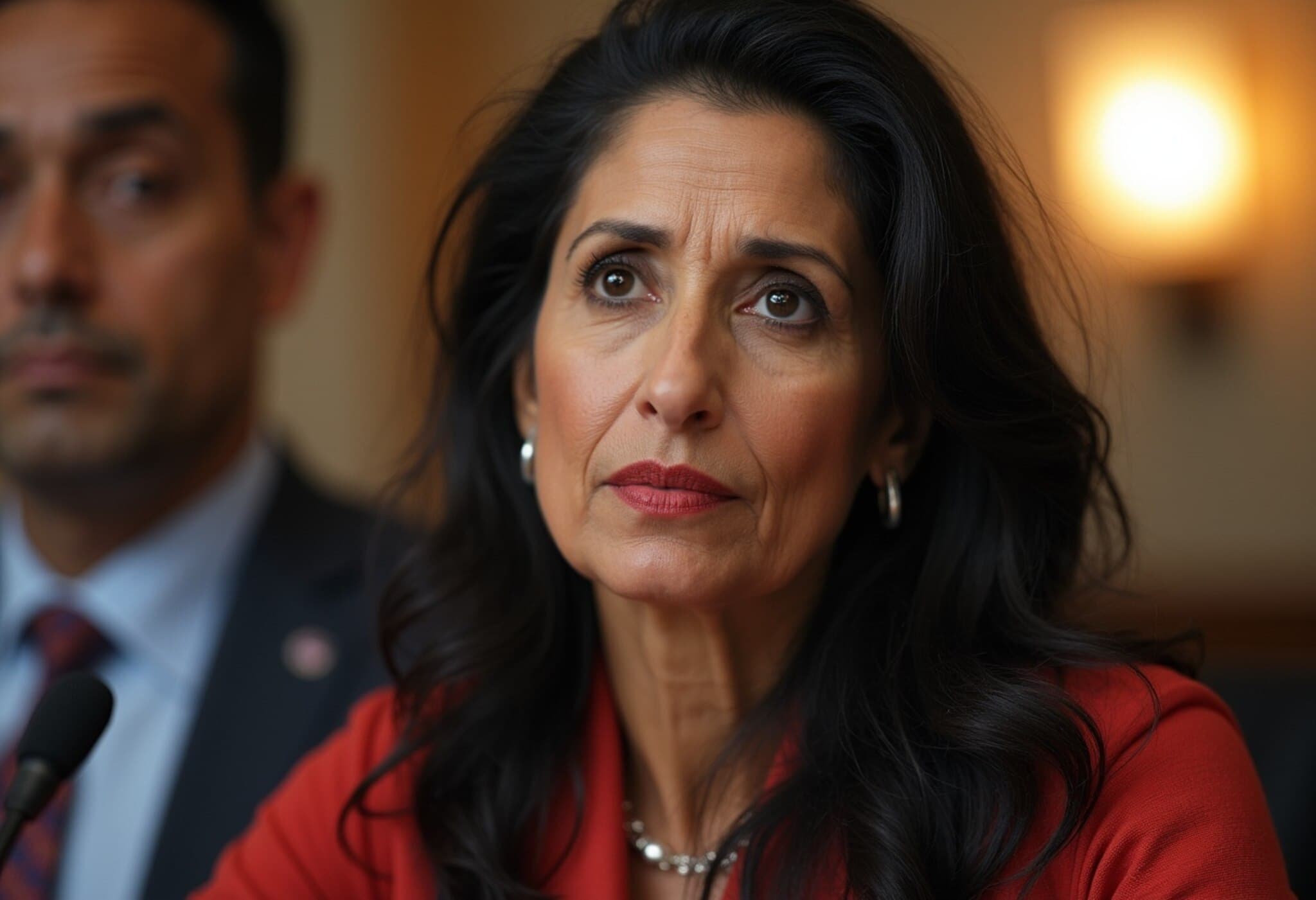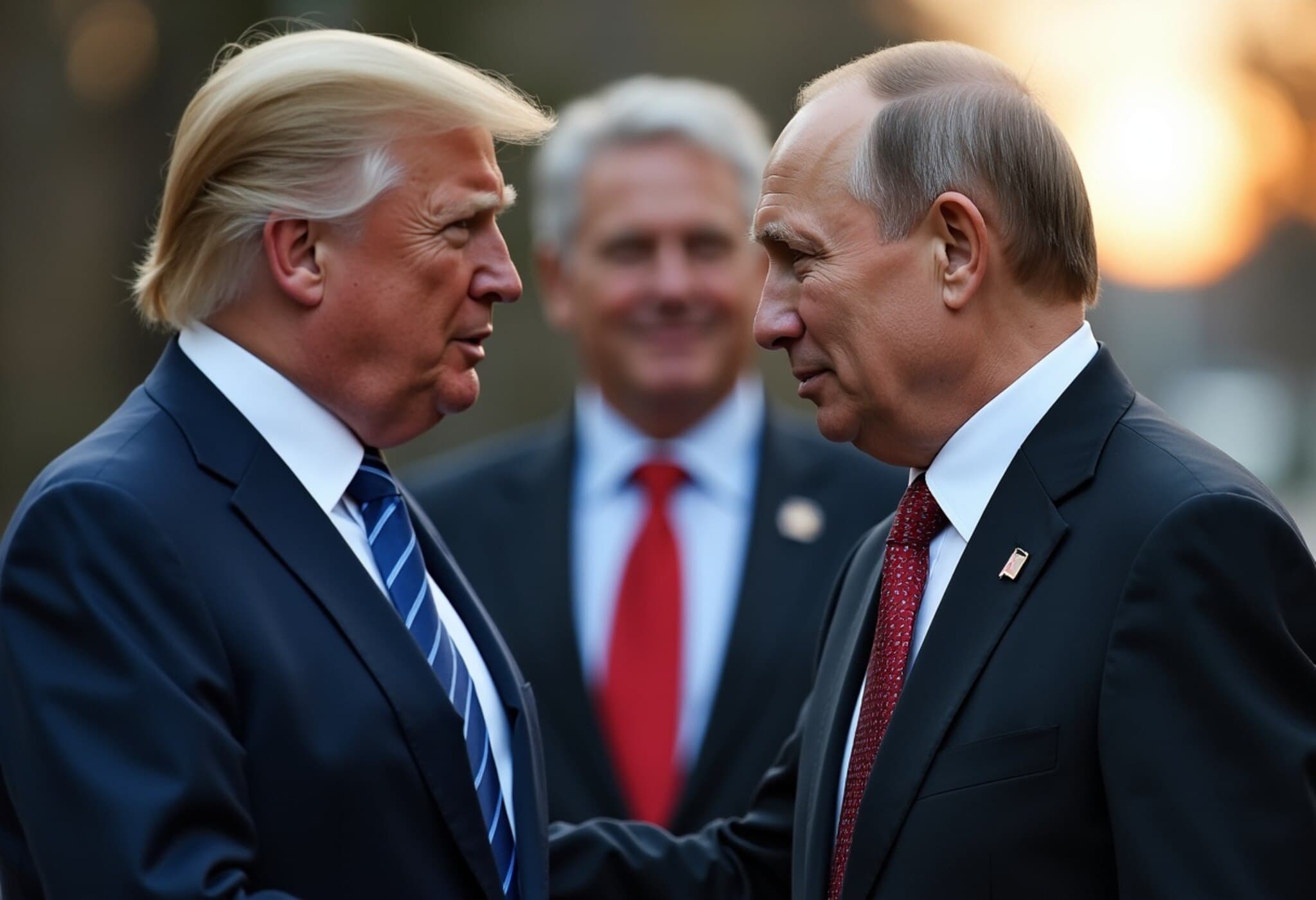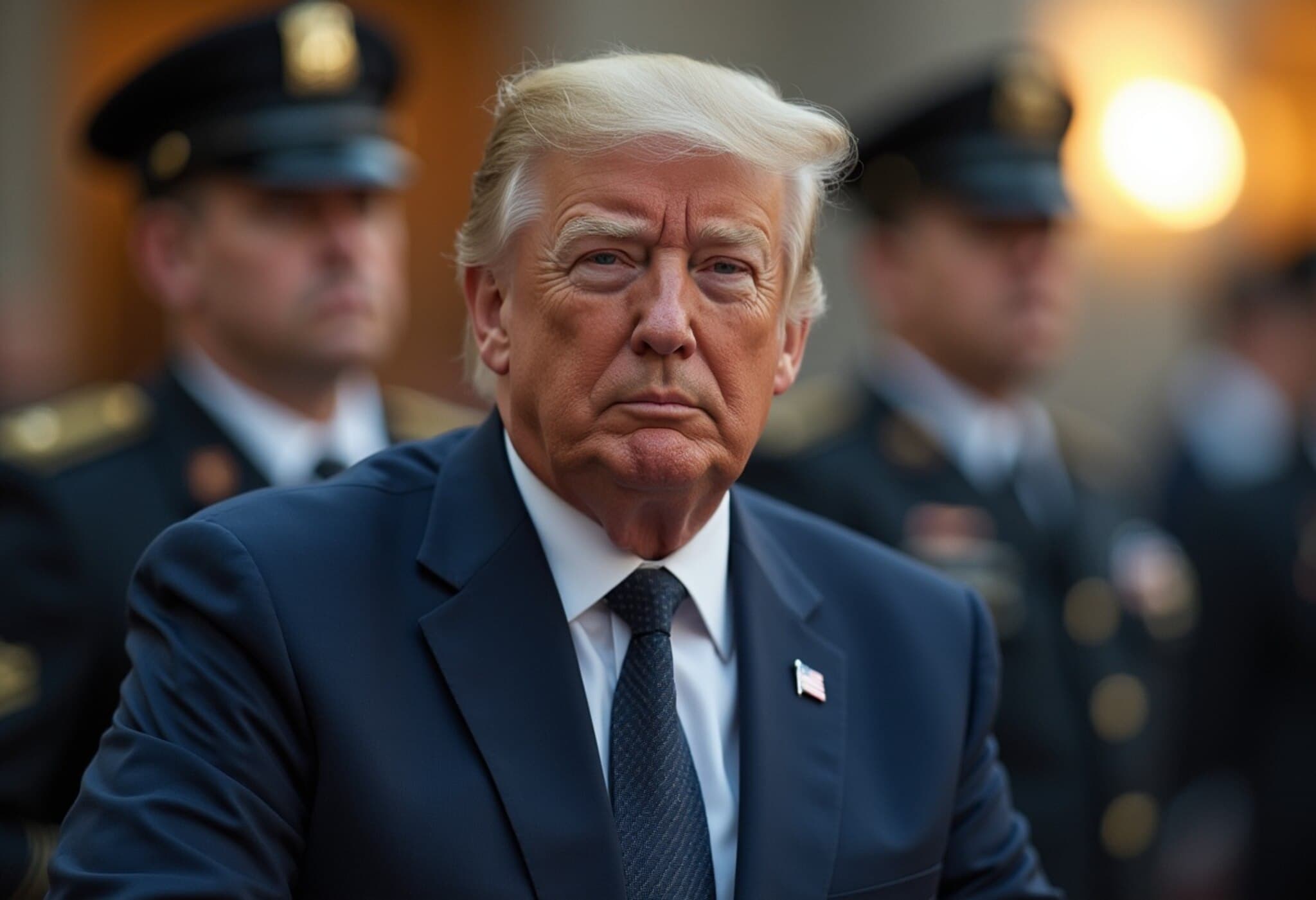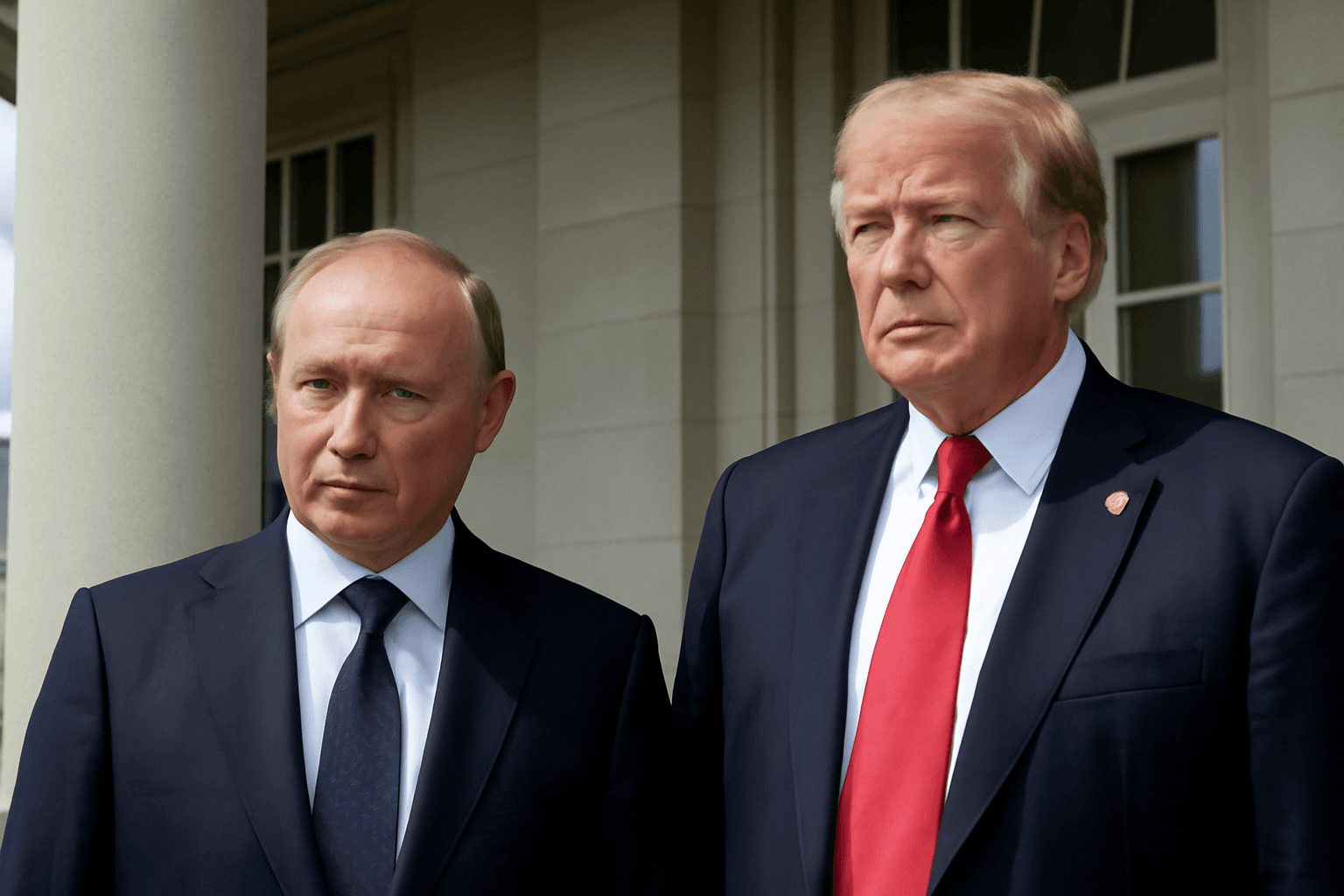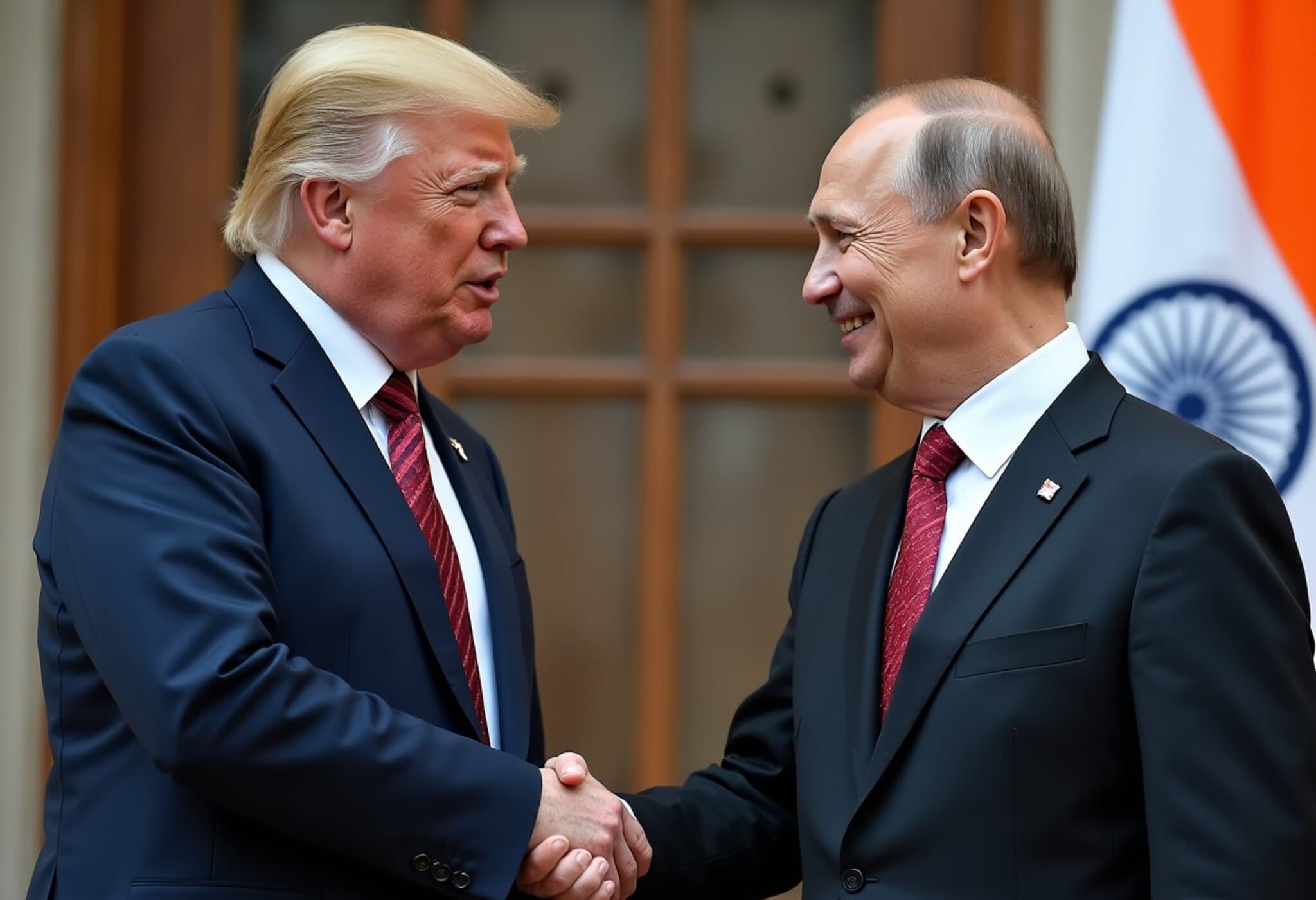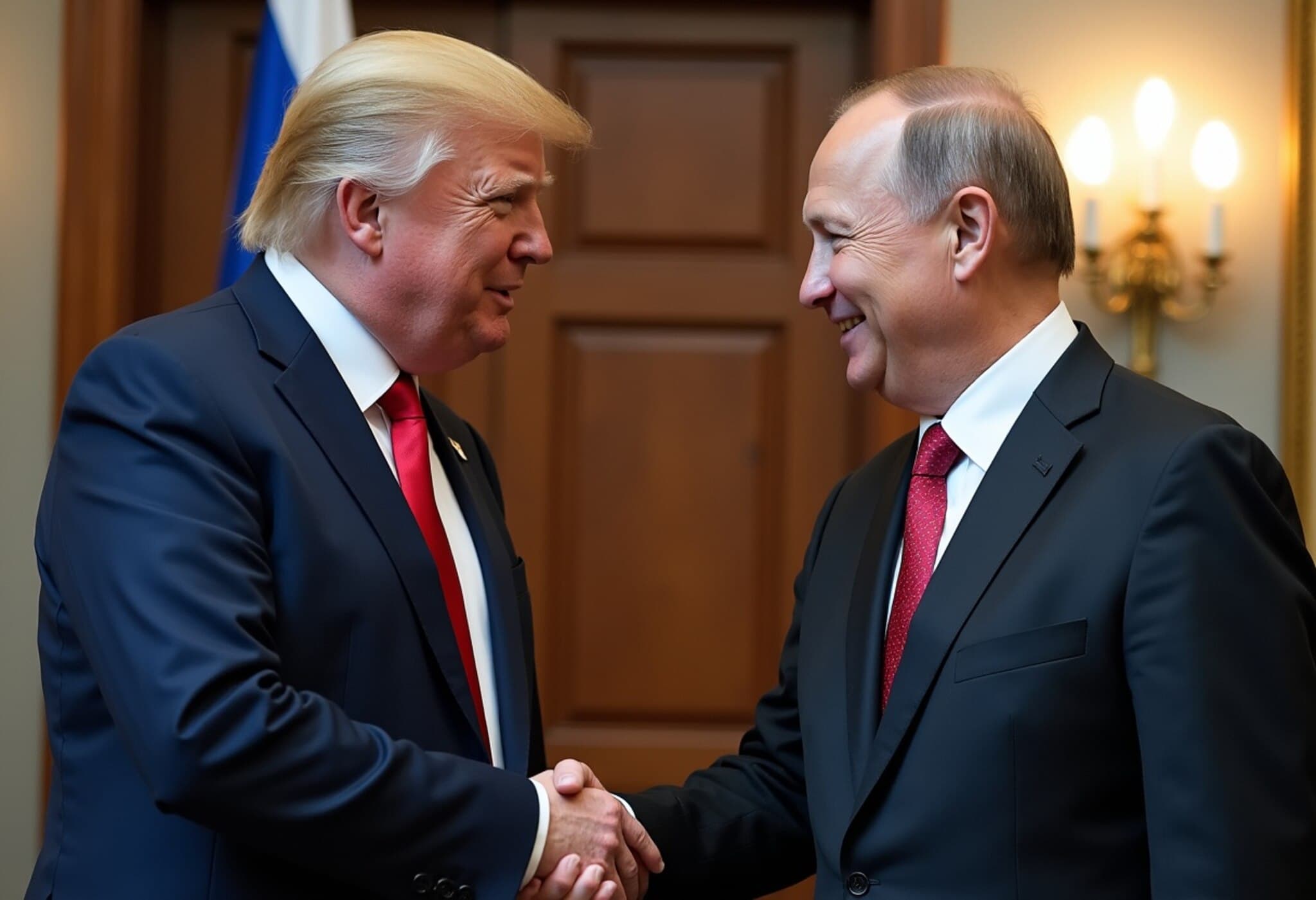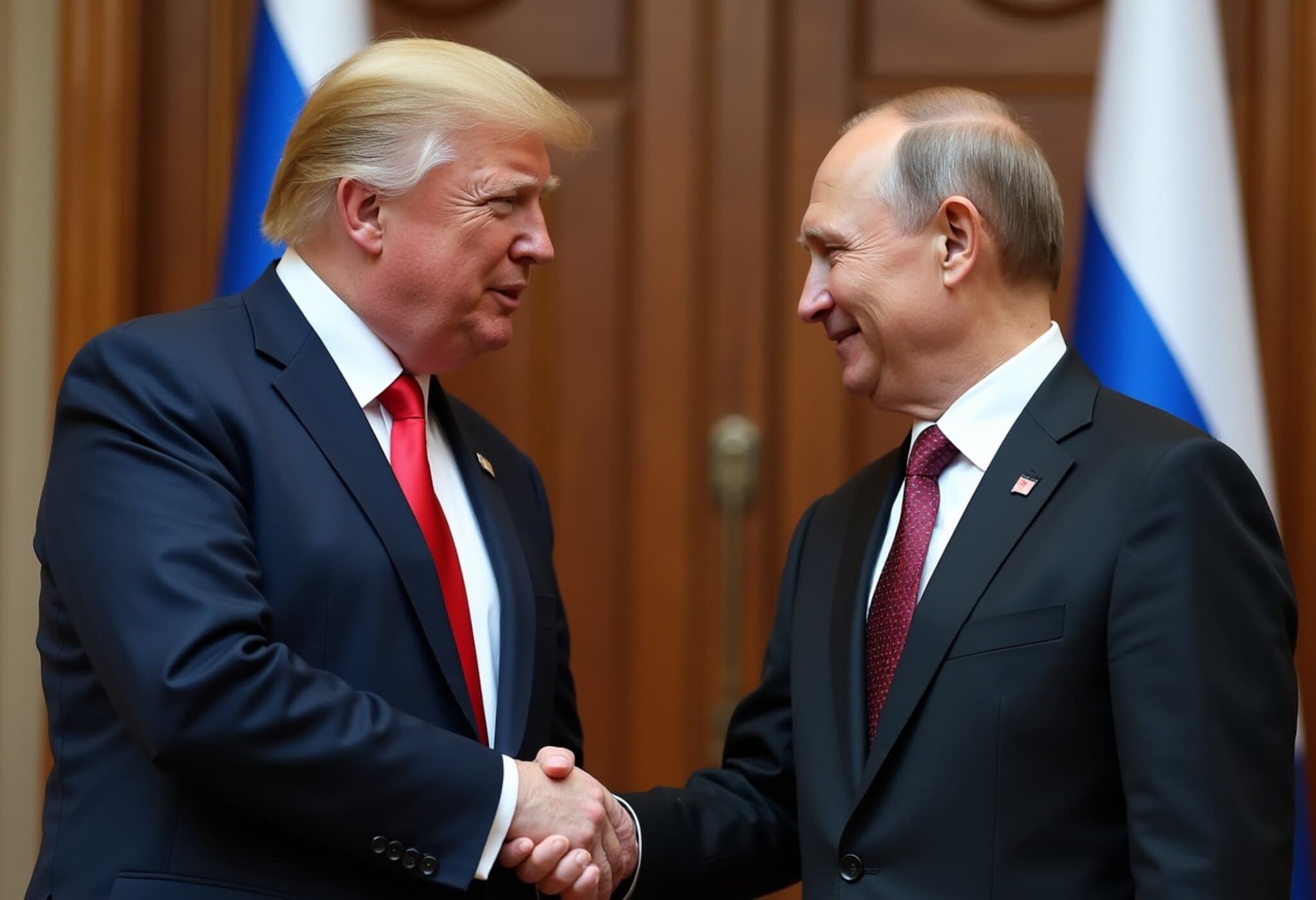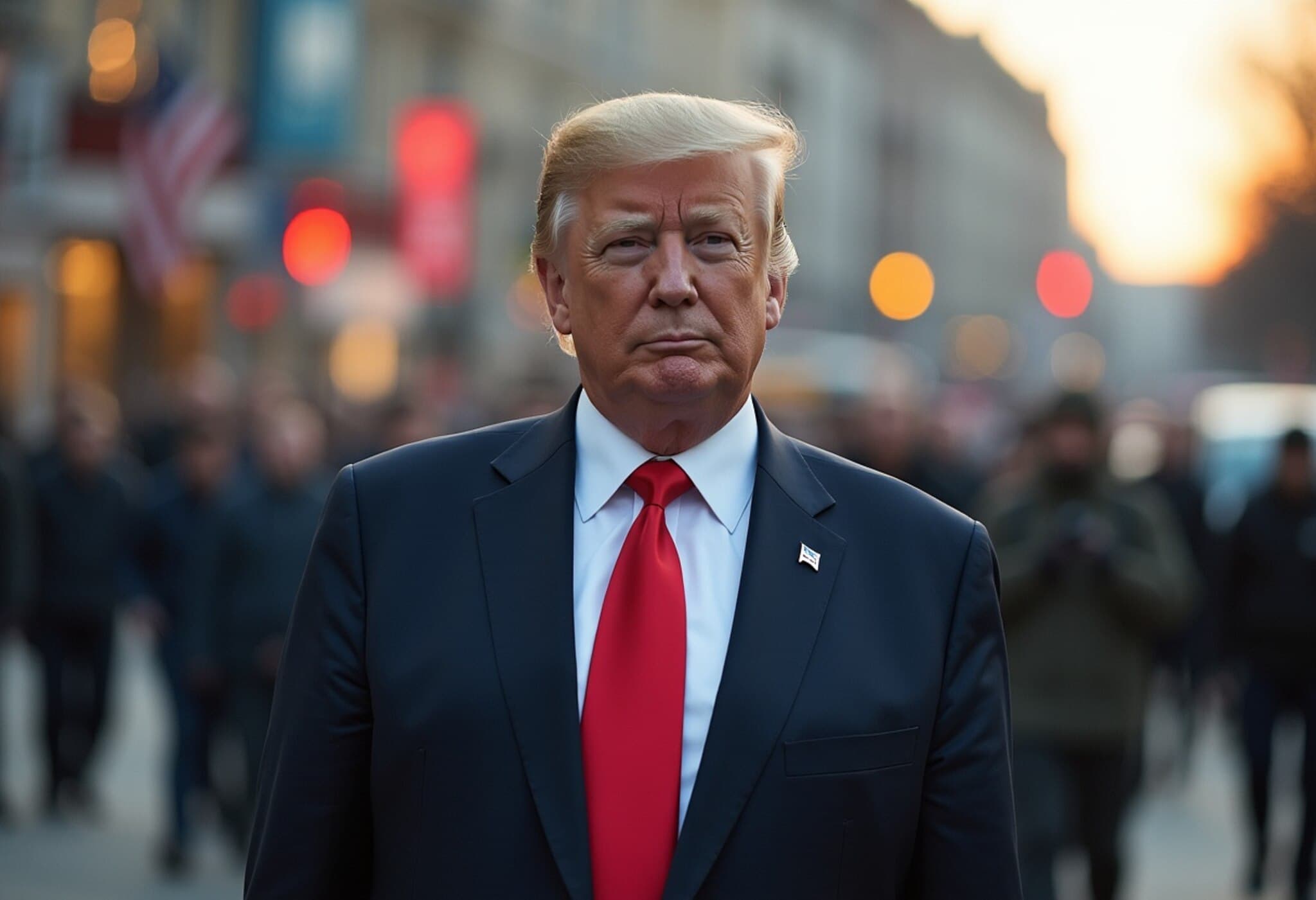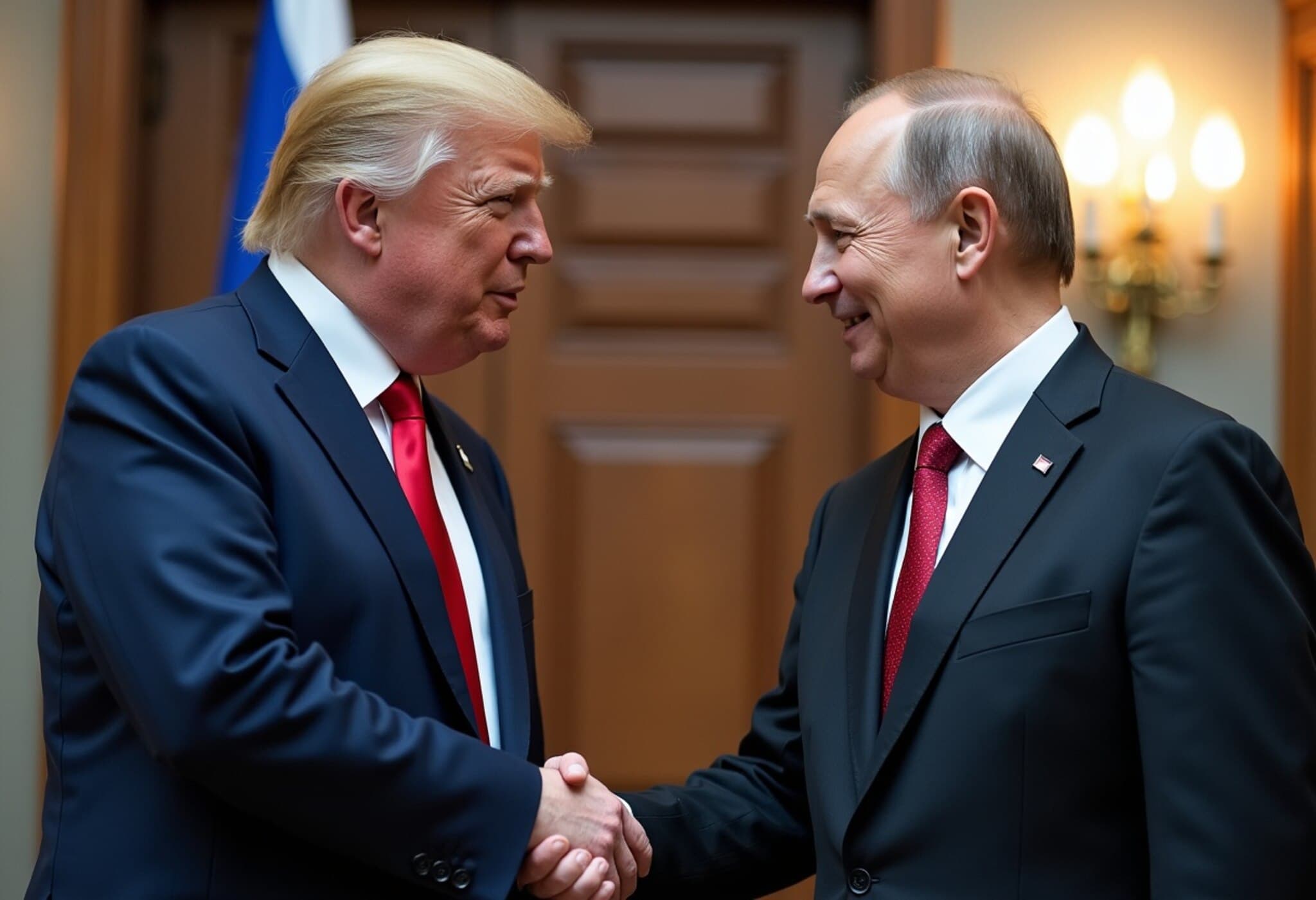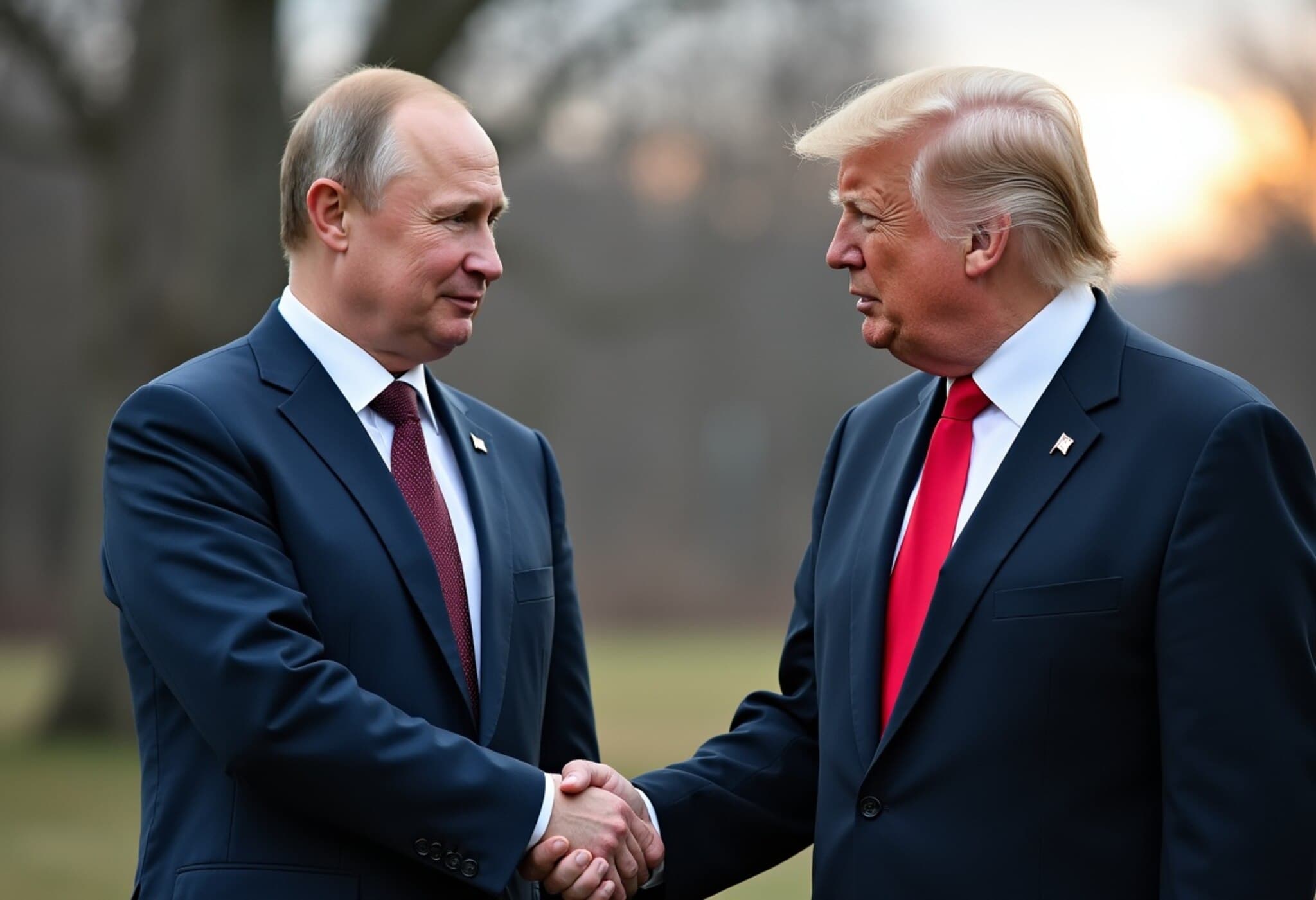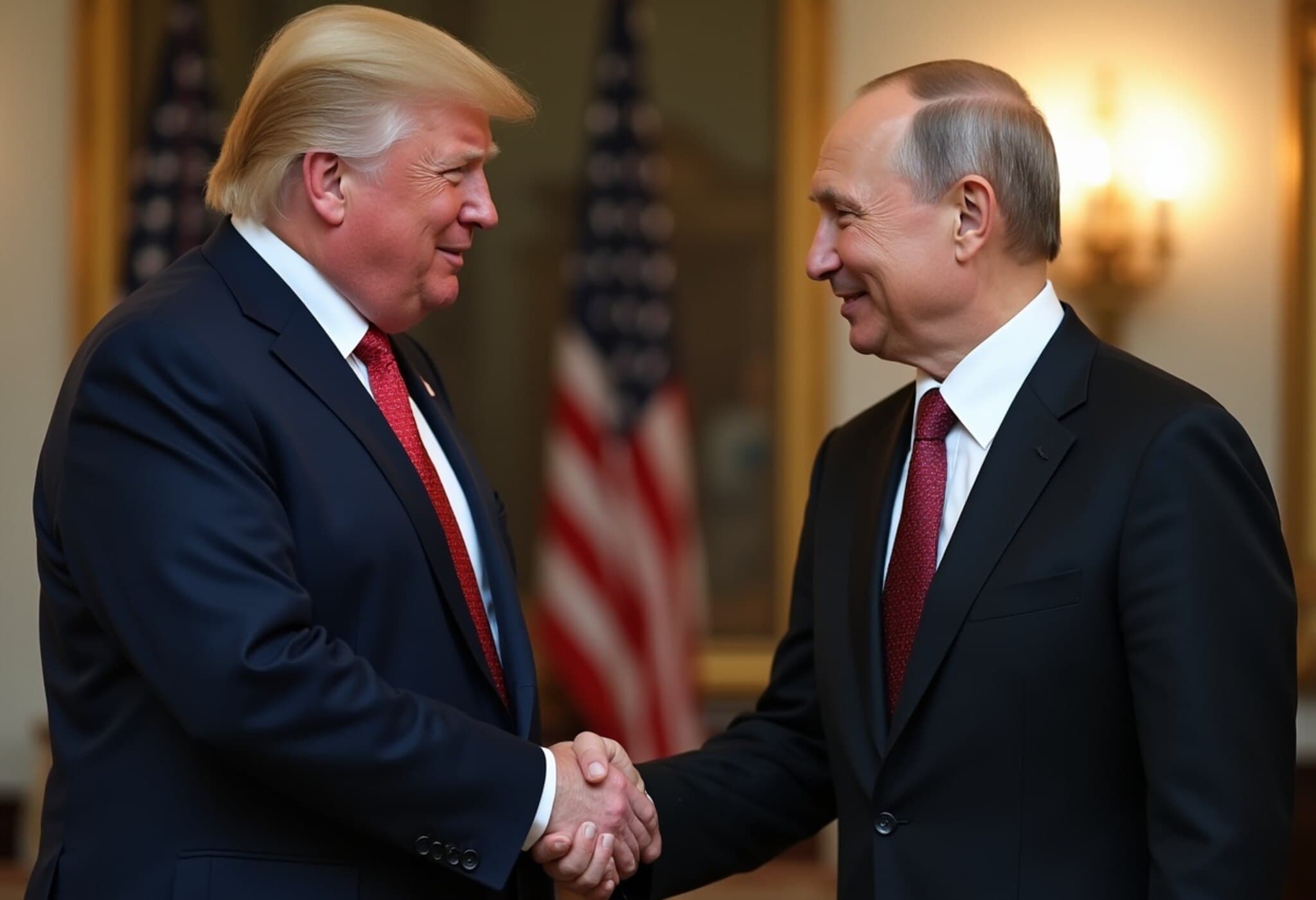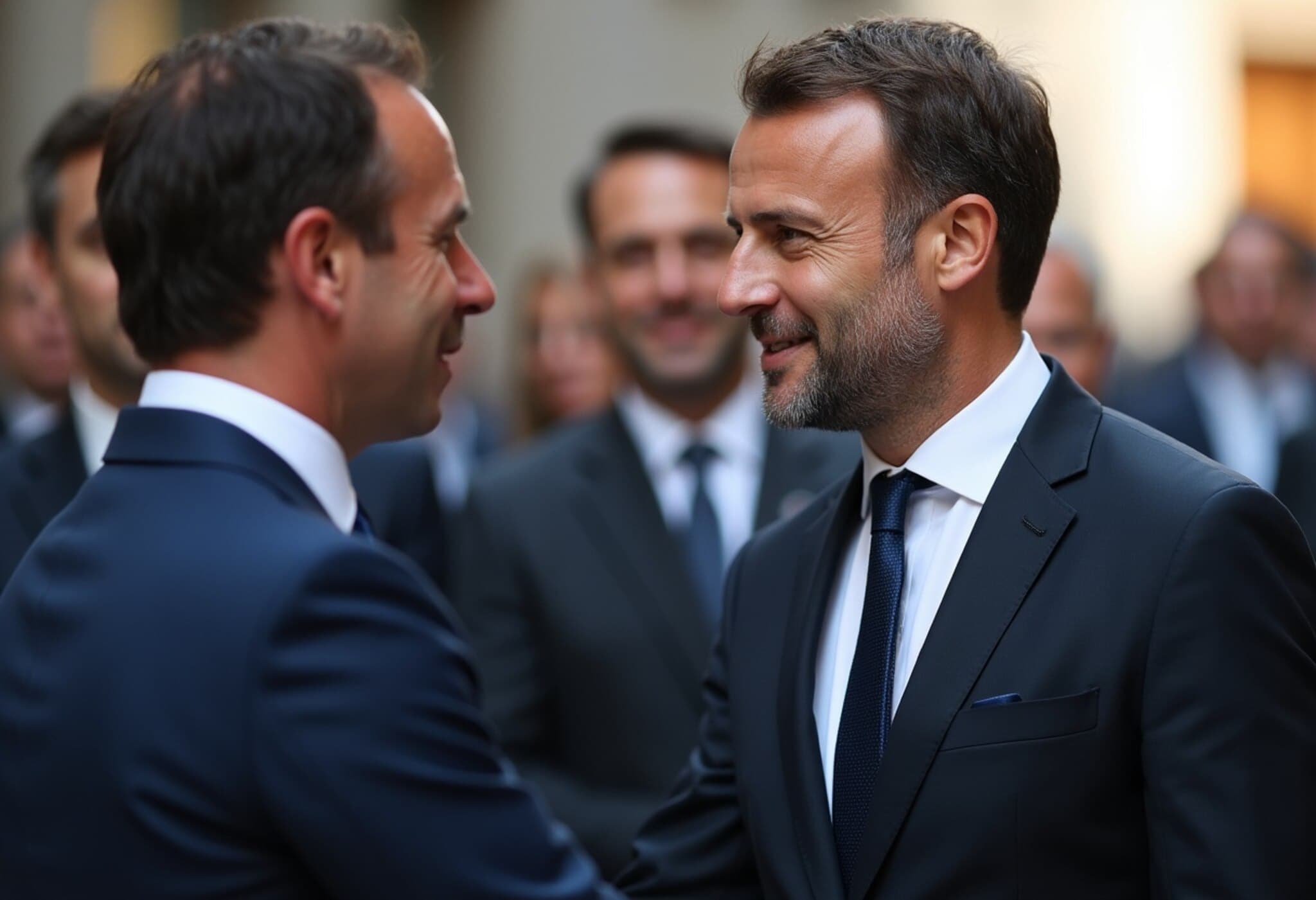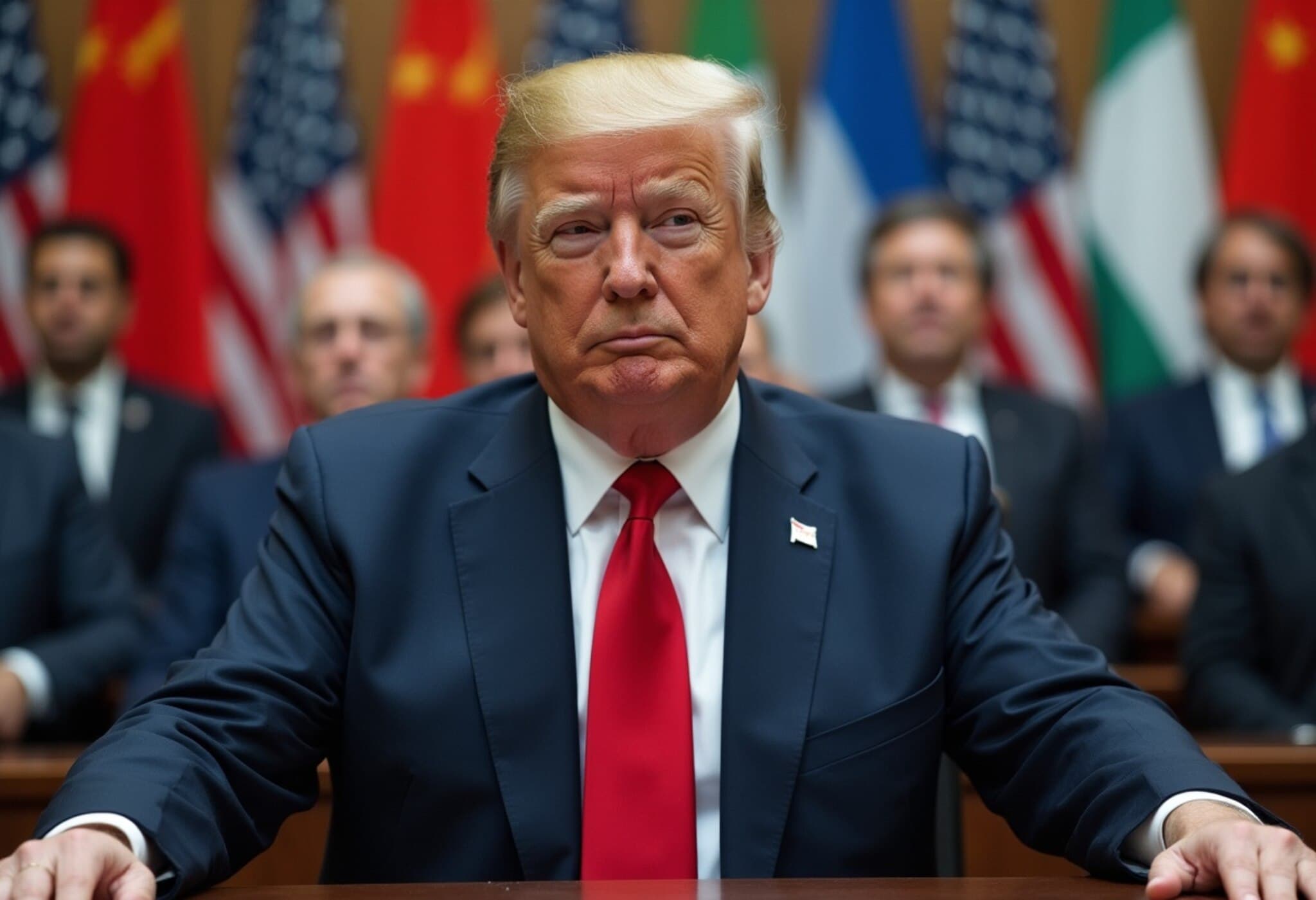US-Backed Ukraine Peace Talks: A Delicate Balancing Act
As tensions simmer and hopes for a resolution to the Ukraine conflict hang in the balance, recent developments signal a fraught diplomatic effort led by the United States. The planned meeting in Alaska between former US President Donald Trump and Russian President Vladimir Putin has raised eyebrows worldwide, especially amid fears that Ukraine and its leadership might be marginalized in a critical peace negotiation that has dragged on for over three years.
The Elephant in the Room: Ukraine’s Exclusion Raises Concerns
The prospect of peace talks where Ukraine’s voice could be sidelined is understandably alarming. President Trump’s openness to meet Putin even if Ukrainian President Volodymyr Zelensky abstains adds to the anxiety in Kyiv and across international capitals. Further stoking tensions, Trump has suggested that a viable path forward might require "some swapping of territories to the betterment of both [countries]," a concept that has been met with fierce opposition from Ukraine.
Zelensky’s reaction has been resolute: “Any decisions that are without Ukraine are at the same time decisions against peace,” he declared. He stresses that Ukrainians will not relinquish their homeland to occupying forces under pressure, emphasizing the intrinsic link between sovereignty and peace.
European Allies Rally Behind Ukraine’s Sovereignty
Backing Ukraine’s position, European powers including Britain, France, Germany, Italy, Poland, Finland, and the European Commission jointly underscored that peace cannot be brokered without Ukraine’s active participation. Their statement highlighted that ending the conflict requires a multi-faceted approach combining robust diplomacy, international support for Ukraine, and sustained pressure on Russia to cease its illegal aggression.
Trump’s Unpredictability and Its International Fallout
The return of Donald Trump to the international stage has reignited concerns among European and allied nations who fear instability in US foreign policy. Trump’s leadership style—one marked by transactional diplomacy and personal unpredictability—has unnerved traditional allies. The historic February 2024 Oval Office confrontation with Zelensky still reverberates as a cautionary tale of how a US leader’s personal dynamics can impact global security.
This unpredictability undermines confidence in America’s commitment to liberal democracies and collective security. While Trump has promised sweeping peace initiatives—including resolving the Israel-Palestine conflict and ending the Russia-Ukraine war swiftly—his rhetoric remains unfulfilled, leaving a cloud of skepticism among observers.
The Human Cost and Geopolitical Stakes
Russia’s prolonged conflict has come at a devastating human toll, with reports of hundreds of thousands of Russian military casualties highlighting the grim reality behind Kremlin’s strategic calculus. Putin’s imperative to claim a form of victory—real or symbolic—puts enormous pressure on peace talks and risks turning Ukraine into the political "sacrificial lamb" if territorial concessions become bargaining chips.
The emerging scenario raises profound questions, both strategic and moral: Can peace be sustainable if brokered by sidelining the nation at the heart of the conflict? Is the international community prepared to accept solutions that involve forced territorial compromises? And what role should America play in ensuring that diplomacy respects sovereignty and justice, rather than transactional gain?
Looking Ahead: The Stakes for Global Peace and Justice
As the Alaska meeting approaches, the global community watches closely. The negotiation table is more than a stage for power diplomacy; it is where the principles of sovereignty, justice, and peace will be tested. The integrity of any peace efforts hinges on respecting Ukraine as an indispensable actor—not a pawn—to meaningfully end a conflict that has reshaped geopolitics and human lives.
Key Takeaways
- Ukraine’s inclusion is non-negotiable: Peace plans excluding Kyiv risk fomenting further instability.
- European unity underscores international norms: Allies emphasize diplomacy, support for Ukraine, and pressure on Russia.
- US leadership faces credibility test: The world eagerly awaits responsible diplomacy beyond personal theatrics.
- Human tragedy underscores urgency: The war’s toll on civilians and soldiers demands a peaceful resolution that upholds justice.
Expert Insight
From a policy analysis perspective, peace negotiations without the direct participation of Ukraine undermine the foundational principle of self-determination enshrined in international law. History cautions us that agreements imposed without the primary stakeholders’ consent often sow seeds for renewed conflict. The US and its allies must navigate a narrow path between realpolitik and ethical diplomacy to forge a durable peace in Eastern Europe.
The unfolding diplomacy around Ukraine’s future spotlights deeper tensions in international relations concerning sovereignty, power, and justice. As negotiations loom, readers should consider: What does a lasting peace truly entail when vital voices risk being excluded? And how can global leadership balance strategic interests with commitments to democratic principles and human rights? In this complex tableau, the coming talks offer neither easy answers nor simple compromises—but the world’s eyes are keenly watching.

